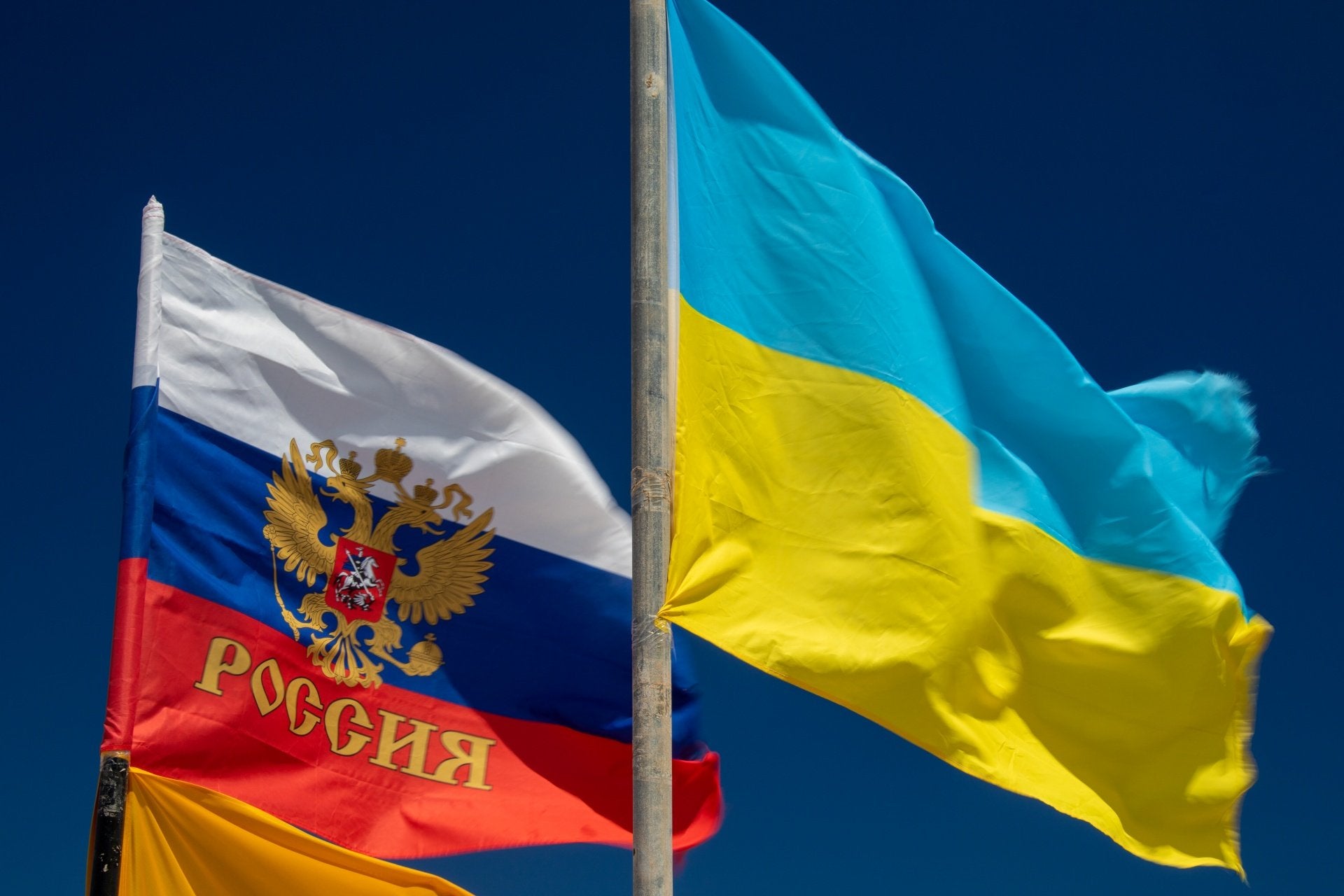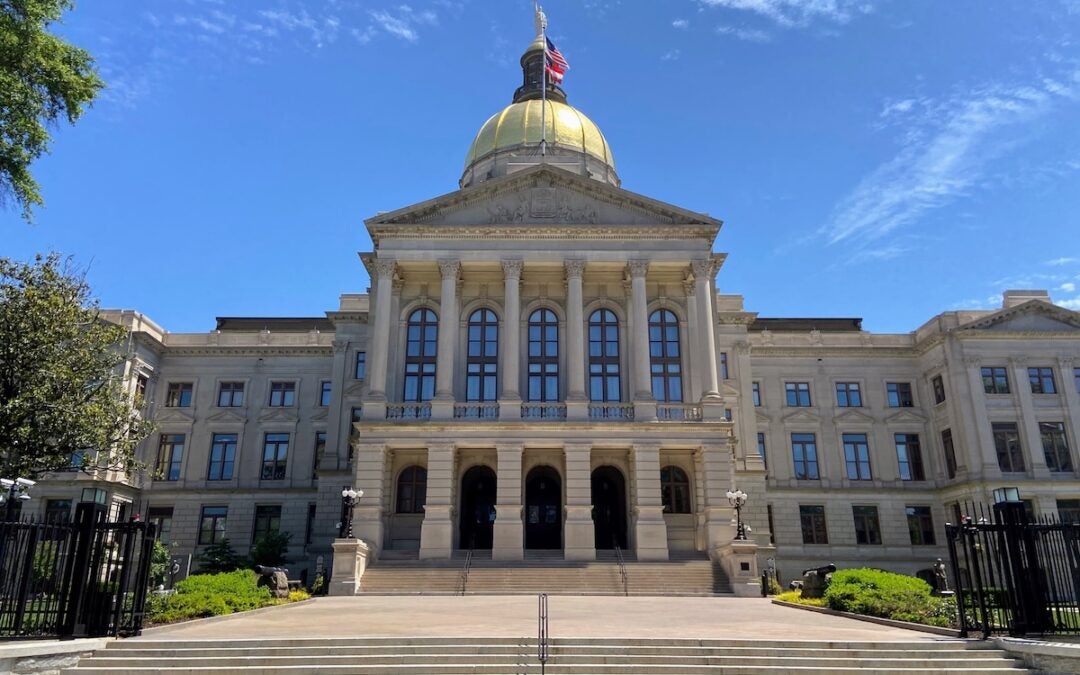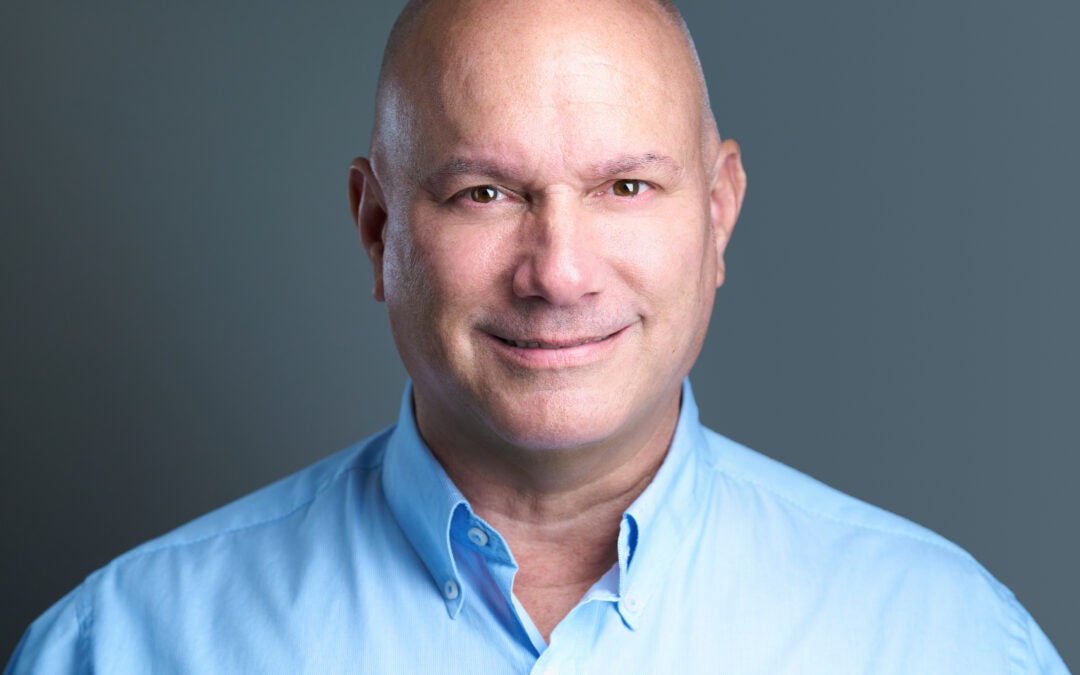[T]he polar star of its policy – world domination – is a fixed star.
-Karl Marx, 1867.
Americans are wondering what is going to happen along the Russian borders?
Will Russia invade its neighbor, the Ukraine, as it has repeatedly threatened to do?
What does it mean that Russia has issued public threats and has massed substantial armies along its borders?
What will we and our allies do if it does?
Was Marx right?
[adrotate banner=”15″]
The historical Background
To understand the motivations of Russia and its dictator, V. V. Putin, we have to understand how Russian perceptions have been shaped by the country’s centuries of warfare. Insecurity and sometimes paranoia shapes Russian attitudes. It’s not too hard to understand. Much of Russia is a flat plain, easily invaded over the centuries by Mongols, Turks, Lithuanians, Poles, Swedes, and of course, Germans.
The first Russian state was actually located in today’s Ukraine, but it was destroyed by the Mongols in the 13th century. Today’s Russia developed in the 13th and 14th centuries on centrally located Moscow. After overthrowing the Mongols, the Russian rulers sought to improve their security by repeatedly annexing borderlands. Russia steadily grew, but not without setbacks and defeats. In the 16th century, Tsar Ivan the Terrible (more accurately translated as “Fierce”) fought a 25-year war called the Livonian War, just to annex the Baltic Sea coast. He lost.
Over a century later, Tsar Peter the Great fought a 21-year conflict called the Great Northern War, in which he sought to expel Sweden from the Baltic coast. Initially, he suffered a disastrous defeat, which led him to reform his military and his country; he defeated the Swedes and firmly controlled the coast. However, in 1918, that region threw off Russian rule, and three new small countries were born: Latvia, Lithuania, and Estonia. In 1940, Soviet dictator Joseph Stalin reconquered them. He lost them to the Nazi invasion of 1941, but by the end of World War II, they were firmly in Soviet hands. With the collapse of the Soviet Union, all three countries were once again free.
Lest you think I am consuming too much of your reading time with this history, keep in mind that all of these countries are members of NATO, and if Russia were to invade them, or take any hostile actions toward them, we would be obligated to defend them. This is not true of the Ukraine, or its northern neighbor, Belarus. The latter has come increasingly under Moscow’s influence, and Soviet forces are already stationed there.
Russian strategy is based on overcoming its vulnerability, especially given that it is a declining power. Life expectancy and population are declining, and the economy is unstable. Visible military power plus patriotic rhetoric are meant to increase Russia’s standing and take advantage of popular nationalism. Whether that will prove enough to shore up Russia’s strategic posture in the long run is doubtful. One small example of Russia’s problems can be seen with the T-14 Armata tank, a remarkably sophisticated machine that first appeared in 2015. The Russian government announced that 2,300 T-14s would be delivered by the end of 2020; the last projection was that 20 might be delivered by the end of 2021. Any number of conclusions might be drawn from this, but the vast expense of building a highly complex new main battle tank probably played a role. Keep in mind that the Pentagon has canceled plans for a successor to our Abrams tank, instead opting to modernize existing machines. The Russians have now announced plans to do the same.
The huge investment in the Armata – which now looks like at best an exercise in public relations – also suggests some nostalgia for the days of 1943-45 when Soviet tank forces expelled the Nazi armies from their soil. It is somewhat doubtful whether tank forces could ever again play the role they did in World War II. But that’s my opinion. Much more important are the opinions of the Soviet dictator.
Putin
Before we speculate about his motives, let’s consider the hand he holds. The reality is that he playing a very strong hand – both because of his own advantages and the disadvantages of his rivals. He holds an unquestionable military edge over the Ukraine, on land, on sea, and because of geography (he effectively surrounds the Ukraine on three sides). The outcome of a conventional invasion would not be in doubt. Second, he holds the initiative. He alone will decide whether to invade, when to invade, whether to take only a part of the Ukraine or all of it, or to continue the diplomatic dance to gain advantage. His adversaries are weak. The United States is suffering from a level of political division unseen in a century and a half. NATO is already showing divisions, and there is no need to consider action by the European Union.
Yet, there are a few things that should give him pause. Not every war goes exactly as the aggressor intended. An invasion might not be as quick or as clean as hoped – it could be followed by various forms of resistance. Military strength can be a long-run problem; excessive military spending was a factor in the undoing of the USSR. If he gets overcommitted in a tussle with the West and the Ukrainians, he might not be able to fend of China’s growing influence in Central Asia. But most important to Putin himself is that even a dictator can be toppled. While he is enormously security conscious and has disposed of all organized opposition, the possibility of an unseen enemy inside must always be on his mind.
And it is. All conversations about Putin ought to begin with his background. He served 16 years in the innocuously named Committee for State Security, or KGB, which handled both domestic and foreign espionage. He rose to the rank of lieutenant colonel, which means he was good at the job, although his evaluations mentioned that he was too willing to take risks. I’ve talked a lot about history, but what’s interesting is that very few leaders in Russian or Soviet history were terribly willing to pursue high risk aims. So, Putin is different.
We can speculate about what makes him tick. I think it is something more than just the usual historical memory. He was an officer in an elite service beginning when the Soviet Union appeared to be at the zenith of its power. So, restoring Russia to its power position makes sense. But his actions in the Ukraine are peculiar. If he is really planning to throw that punch, why telegraph it? He did precisely the opposite with his annexation of the Crimea. He could be using his image of doing things so suddenly and secretly as a double bluff, meaning that he might invade anyway. I suspect that he probably wants to create a stronger Russia overall to meet long term challenges. But it also may be that he is trying to ride the wave of patriotism inside Russia, although that can be a perilous thing to do. The government of Nicholas II, last Tsar of Russia, tried the same thing in World War I. It only works if it looks like you’re doing well.
[adrotate banner=”72″]
Reactions
The Ukraine – whose government so far does not seem to be expecting an all-out invasion – has few means of protecting itself. In 1994 the country gave up all its nuclear weapons and design capability in return for an agreement that its sovereignty would be respected. But that commits none of the signatories to meaningful action. Also, the Ukraine has been fighting the Russians in a disputed southeastern territory, the Donbas, with fourteen thousand killed so far. The Ukraine is huge, but its biggest cities are vulnerable. Kyiv, the capital, is only 50 miles from the border; its second largest city, Kharkiv, only half that. Its third largest, the vital port of Odessa, could be attacked at any time by Russian naval forces. One final weakness is that there are substantial pro-Russian groups inside the Ukraine.
The West is weak for many reasons, but one is that its only real weapon is of dubious value. Sanctions do not work. The United States has been slapping sanctions on countries since 1807, and while they might fall in the “better than nothing” category, their impact is doubtful. Only if they actually strike the decision makers in the adversary could they accomplish anything, and even then, sanctions cannot control the adversary’s response. (In 1940-41 we sanctioned Japan; Japan’s response was to bomb Pearl Harbor, definitely not the response we sought.) Besides, if we imposed sanctions after a Russian conquest of the Ukraine, Putin would be forced to make a humiliating withdrawal, just as in 1940-41, when we were pressing the Japanese to stop their invasion of China, a concession that the Japanese government could not give. He won’t.
Conclusions
Russia is dangerous, but not for the reasons people often cite. Marx was wrong. Russia had no plan for world conquest in his day, nor did it later. Rarely has it ventured beyond its historical boundaries. During its bloody war with Napoleon (of whom you will read in my next column), the Russian generals did not want to pursue the French ruler beyond Russia’s own boundaries. Many Russian and Soviet actions were offensive tactically but had a defensive purpose. That was true even of Joseph Stalin’s ghastly mistake of partitioning Poland with Hitler in 1939, thereby contributing to the loss of 26 million Soviet lives during the war that followed two years later. Still, even Stalin, like Putin, was only grabbing former “Russian” territory. And even if we do not view Russia as especially aggressive as empires go, great risks still exist. This is even more so true in the Baltic states of Latvia, Lithuania and Estonia, all three of which we are sworn to defend. Russian public opinion is being warped through propaganda and censorship. Historical archives are being closed again, which makes it easier for the government to feed the nation a false narrative. And declining powers are often more dangerous than those that are rising in power.
Are there no reasons to be optimistic? Actually there are, up to a point. First, Putin will consider the consequences of his actions carefully, and on a high level; Russians are chess players, which means they think in terms of multiple moves and results ahead. Second, Russia is more likely to engage in “salami’ tactics, gaining what they want in small bites rather than a mouthful, to prevent foreign overreactions. Finally, we have never actually been at war with Russia, Soviet or otherwise. Maybe we’ll be able to hold that record.
Hubert van Tuyll is a retired Augusta University history professor. He is an expert on military and diplomatic history, and the World Wars in Europe.
Hubert van Tuyll is an occasional contributor of news analysis for The Augusta Press. Reach him at hvantuyl@augusta.edu












